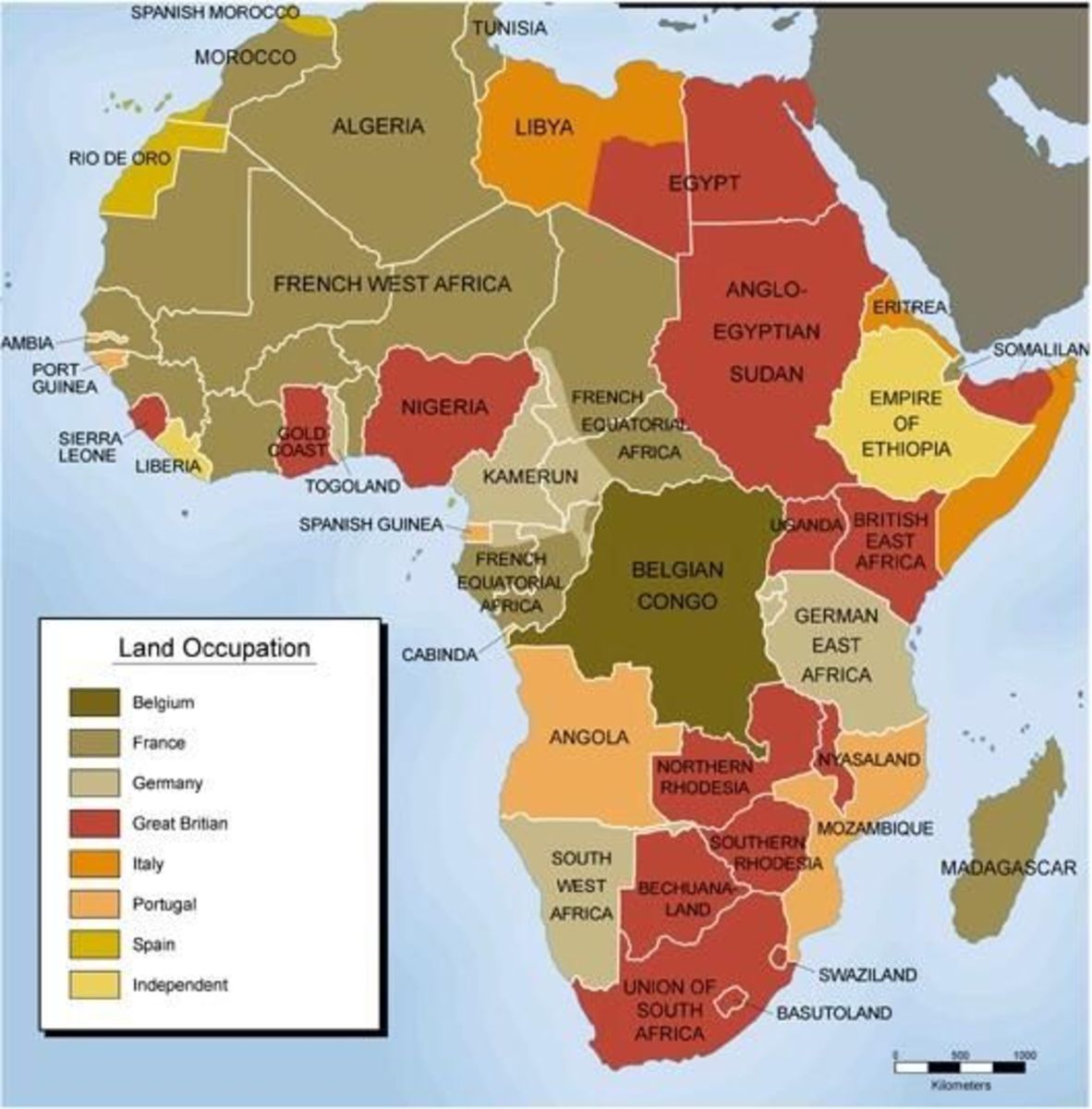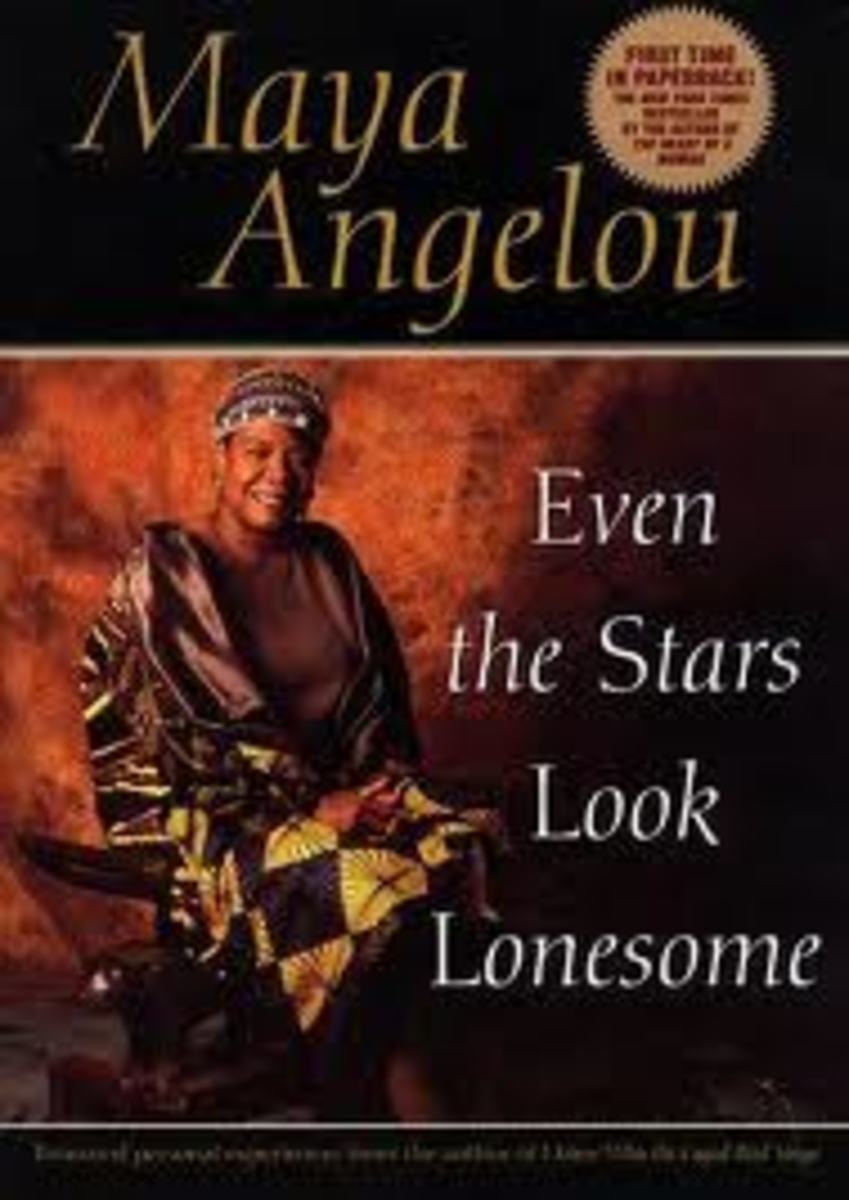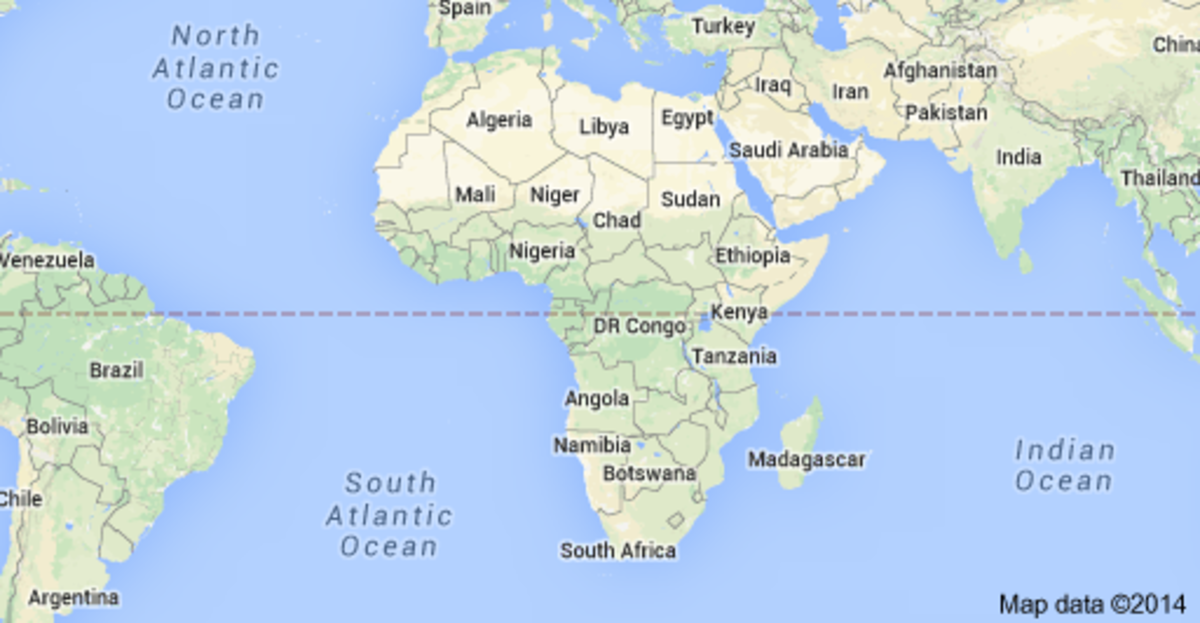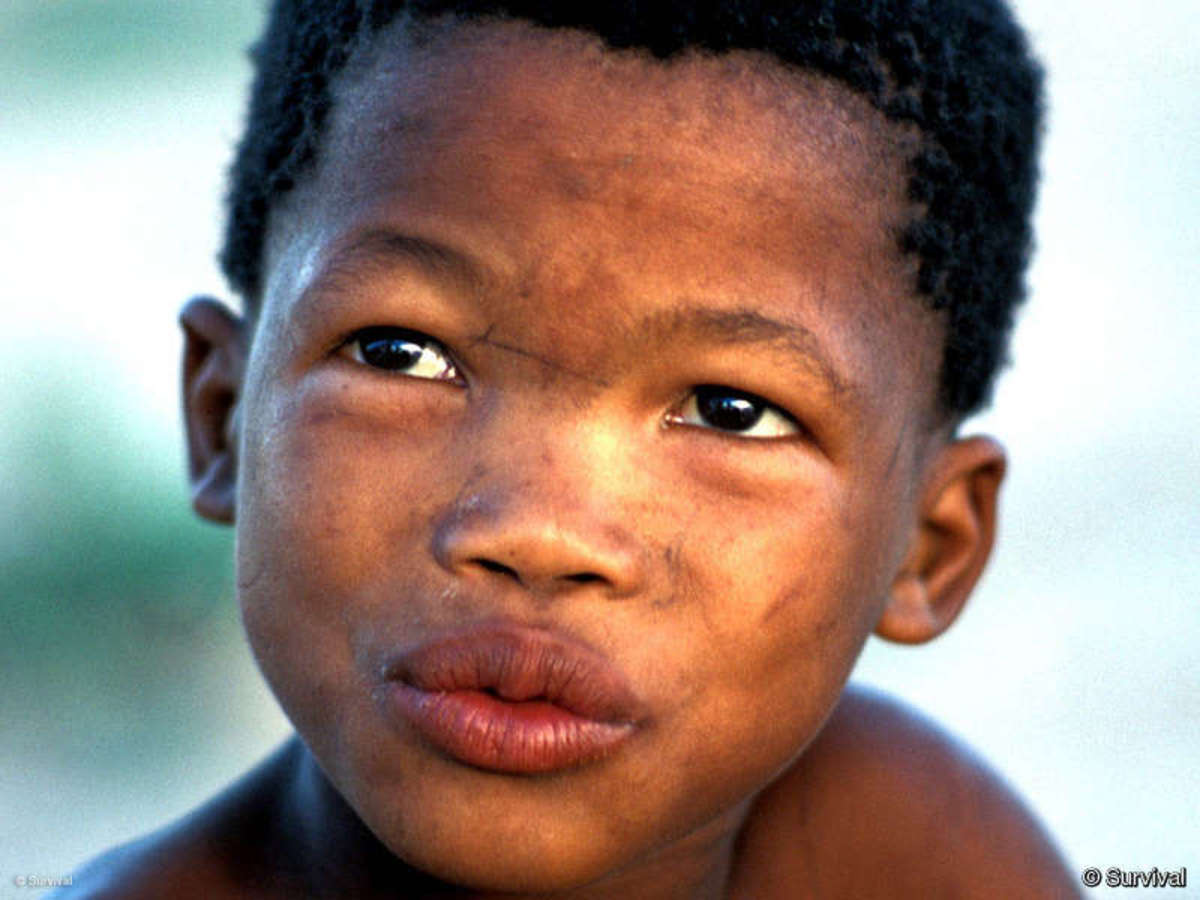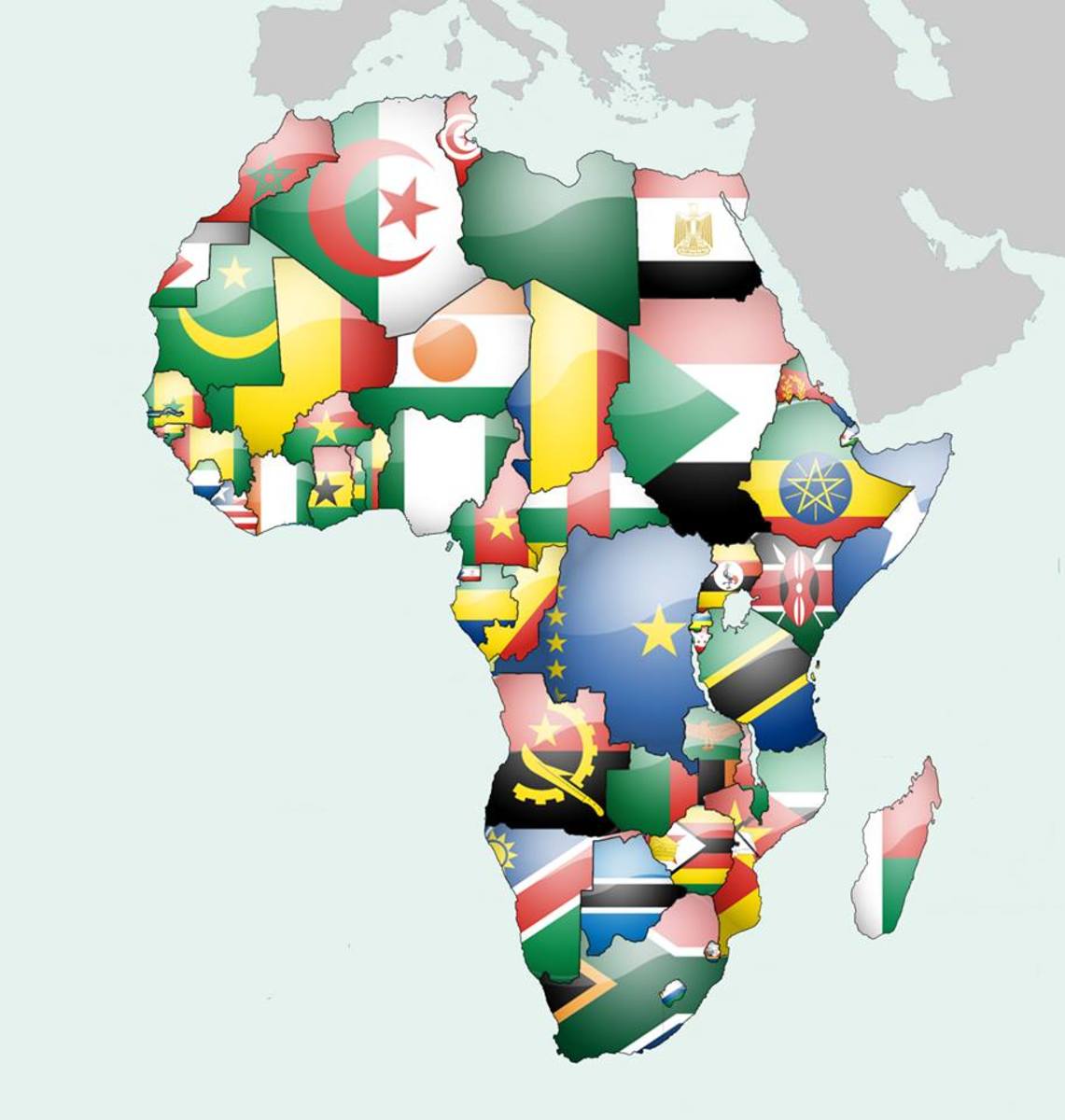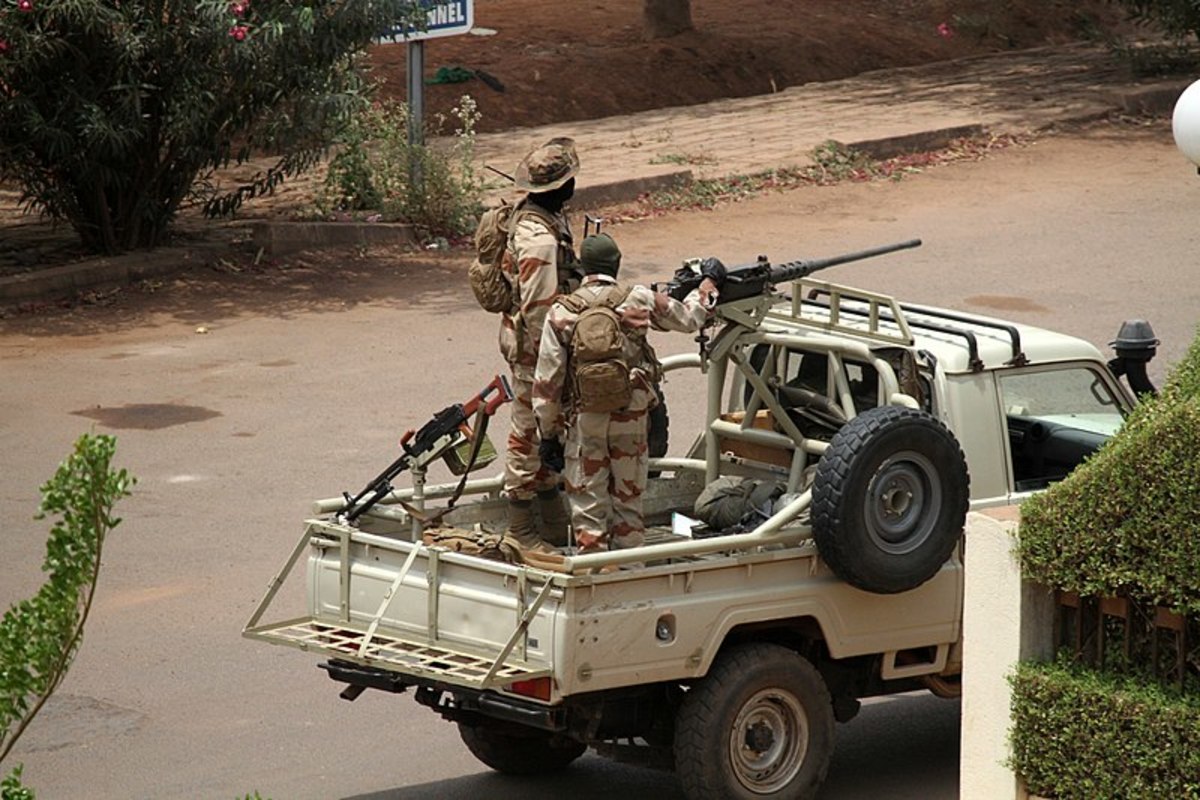Pretending to Be Dedicated to the Poor While Practicing Dedication to Self
Development workers' understanding of Africa
Africa is a beautiful continent endowed with all kinds of natural resources and beautiful people, from Capetown to Cairo, or from Nairobi to Lagos. Africa is not a country as some people in the west, Asia and Americas believe. It is a continent made up of 54 independent countries with great similarities in some ways and diversity in other aspects. Most African students learn about the world continents and countries in school, and even though many of them may not have had an opportunity to travel, they generally know the world countries and their locations, and sometimes even the leaders of respective countries. The same cannot be said of Asian, American and European compatriots who may have no clue where Togo or Zambia is. whenever I travel in the West I'm asked where I come from and my answer of Malawi normally draws blank stares until I'm forced to rephrase the answer that Malawi is part of Southern Africa, then suddenly the faces brighten up! But while South Africa is a country, Southern Africa comprises several countries. In one conference in London many years ago I walked into an animated group being addressed by a male white colleague who had never been to any country in Africa but was lecturing his enthusiastic crowd on how African live in the open and drink cow urine as some form of medicine. Obviously I did not know which book or which stories he had been listening to because I have traveled several African countries and never witnessed what he was alleging. So it is no wonder that development workers from outside of Africa often arrive in Africa with a lot of misconceived truths about the countries of Africa and the people. Some of them arrive believing Africans know nothing, while others arrive with an aura of "i know it all attitude". This fallacy then becomes a weak start or foundation for development partnership.
So much work and little to show for it; who is to blame
It is true that most African countries are underdeveloped and riddled with poverty, and over the years many foreign and local partners have partnered with African governments to try and improve development, but even after many years little can be seen of such partnerships. There are probably many reasons why faster development has not been recorded despite various partnerships and help. While the African people themselves are to blame because of their low creativity and corruption, the partners and development workers must share the blame. In my view, corruption and selfish leadership are the top stumbling blocks for development in Africa. Botswana and Rwanda have clearly demonstrated that with selfless leadership, corruption can be minimized and development escalated. May be, only may be, the current COVID-19 crisis may help re-orient the thinking of African leaders. Just may be! Africans do have the capacity for selfishness and that is why it is may be. On the other hand the development partners or workers are partly to blame because many of them have ended up taking home more than 80% of investments in pay and allowances, while only a small portion is actually invested in African communities. To make it worse, sometimes the community investments are completely misaligned to the needs of the communities. For example there might be cases where communities have been trained in business, but at the end, that knowledge comes to nothing because they lack money to start businesses. The misalignment may also arise because of the inadequate understanding of the local situation by the development workers.
So what is the solution or is Africa doomed?
I passionately believe in Africa and its people. For one they such hard workers, but they need to stop focusing on the easy way out and focus more on creating and innovating. There is hope given some of the technology advancements recorded in the last few years for example the success of mobile banking.
Even though the development workers start out by wanting to touch the poor of Africa, their dedication usually result in self as evidenced by their wealth gain while the African communities remain the same or worse off after the projects are completed. I believe the challenge can be overcome by Africans taking responsibility for their lives, their continent, their resources and stop believing outside help is a panacea. Africans have to believe more in themselves and their capacities and support of each other or for one another. Our brother and sister helpers or partners must learn a little bit more about Africa before offering help, and such help should be with the people not for the people. The time for off the shelf interventions invented in the West is over, Africa needs fresh custom made solutions.
© 2020 Teresa Maru


